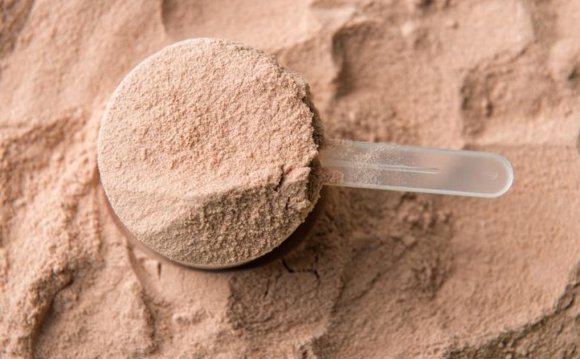
Weight loss is a serious issue in the United States. Consumers constantly see advertisements and news reports on trendy diets, flashy products and magic pills promising to help them lose weight.
Given that the ongoing “battle of the bulge” is front and center for so many people, being too thin may seem like a good problem to have. But the reality is that being underweight can cause health problems.
Fat has a bad reputation for causing overweight and obesity. However, not all fat is bad. In fact, breaking down and storing energy (or calories) as fat is just one of the many ways the body uses food to function, heal and grow.
The energy stored in fat helps you get through a strenuous job or workout. It also plays a key role in brain development, preventing inflammation (swelling) and blood clots. Fat also supports healthy hair and skin.
It’s important to understand that balance is a key in maintaining a healthy body–whether you’re over- or underweight.
How do you know if you’re underweight?
Using a tool to calculate your body mass index (BMI) can help determine if you’re underweight. Your family doctor can also help determine if you’re underweight based on your height, weight, what you eat and your activity level.
What problems can being underweight cause?
People who are underweight typically are not getting enough calories to fuel their bodies. Often, they are also suffering from malnutrition, since they aren’t taking in enough vitamins and minerals from their food. If you’re underweight, you may be at risk for the following health issues:
- Inhibited growth and development. This is especially true in children and teens, whose bodies need plenty of nutrients to grow and stay healthy.
- Weakened immune system. When you don’t take in enough nutrients, your body cannot store energy and may also have difficulty fighting illness. It may also be difficult for your immune system to bounce back after being sick.
- Fertility issues. In women, low body weight can lead to irregular periods, lack of periods and infertility.
- Hair loss. Low body weight can cause hair to thin and fall out easily. It can also cause dry, thin skin and teeth health issues.
What causes low body weight?
Low body weight can stem from a variety of causes. While some underweight people are otherwise physically healthy, others suffer from underlying health concerns that should be treated. The following are some possible causes of being underweight:
- Genetics. If you’ve been thin since high school and being thing runs in your family, it’s likely that you were born with a higher-than-usual metabolism. You also may have a naturally small appetite.
- High physical activity. If you’re an athlete, you are probably aware that frequent workouts can affect your body weight. However, high physical activity can also flow from an active job or an energetic personality. If you’re on your feet frequently, you may burn more calories than people who are more sedentary (inactive).
- Illness. Being sick can affect your appetite, as well as your body’s ability to use and store food. If you’ve recently lost a lot of weight without trying, it may be a sign of disease, such as thyroid problems, diabetes, digestive diseases or even cancer. Be sure to talk to your doctor about sudden weight loss.
- Medicines. Certain prescription medicines can cause nausea and weight loss. Some treatments, such as chemotherapy, can reduce appetite and worsen weight loss from illness.
- Psychological Issues. Our mental well being affects every part of our lives. Factors like stress and depression can disrupt healthy eating habits. Severe body image fears and distortions can also lead to eating disorders. If you’re suffering from damaging emotional issues, be sure to talk to your family doctor. He or she can help you get the care, assistance or counseling you may need.
INTERESTING VIDEO












